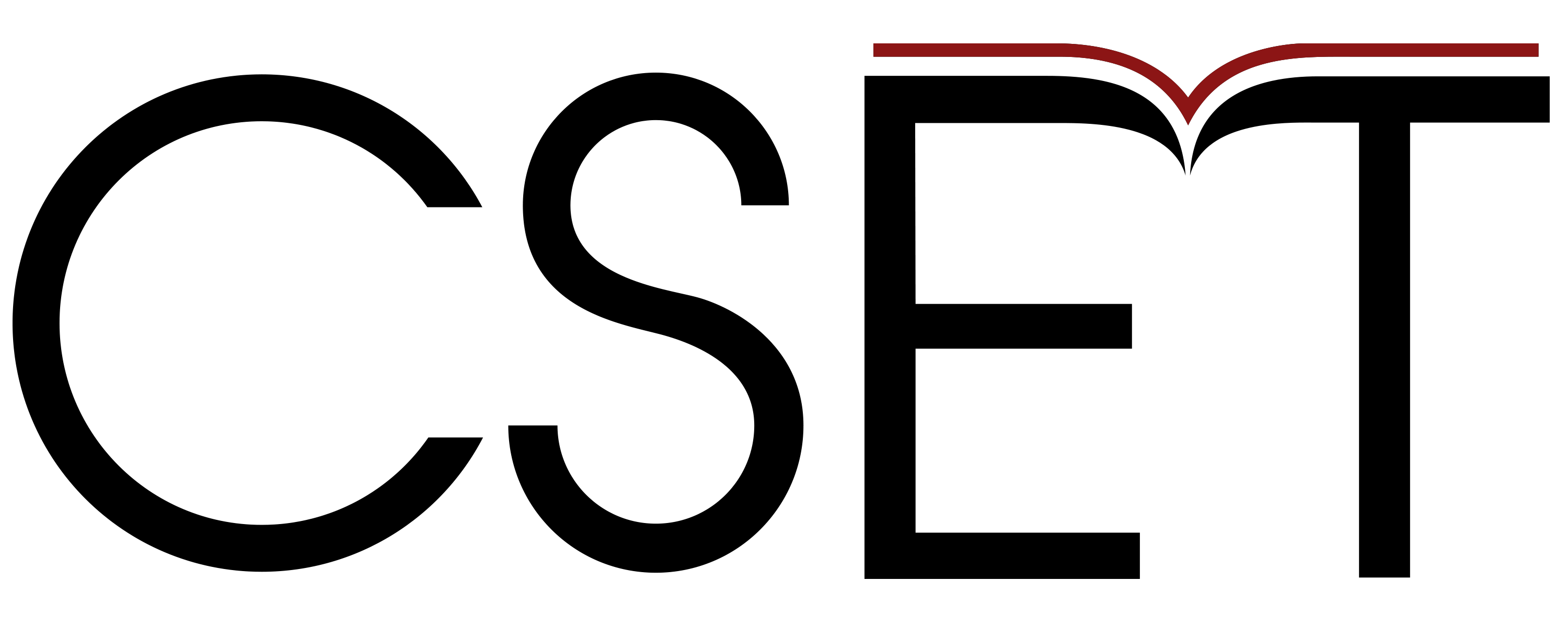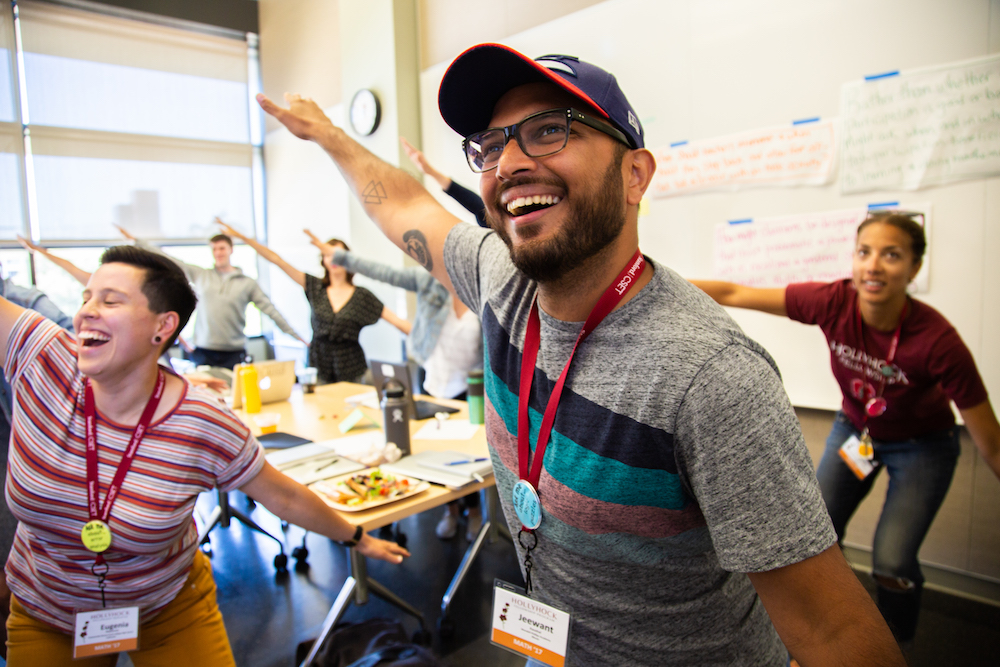FAQ
To request more information, please email us at hollyhock@gse.stanford.edu.
Recruitment for future cohorts in the Hollyhock Fellowship program is on indefinite hiatus, please check back at a later time.
The mission of Hollyhock is to support early-career teachers to thrive in classrooms that exist in historically underserved communities. We recognize that teaching in this context is challenging and complex work that is most meaningfully accomplished with a supportive network of colleagues. A team consists of three to five teachers of math, science, English, or history/social science from the same high school.
We prefer that teachers only apply with the rest of their colleagues from their school site if they can truly commit to teaching at their school for the next two years in order to engage fully in the fellowship. The application process is competitive, and we have many more applications than spots, so if you are unsure of your commitment, please wait to apply until you are ready to engage for the entire two years of the fellowship.
Teachers are most likely to leave the classroom in the first five years of teaching. We want to work with teachers in developing their expertise during this early-career phase when they would most benefit from professional development and ongoing coaching to support them in achieving their goals.
At this time, we only offer fellowships to high school teachers who teach in one of the four foundational content areas of English, history/social science, math, or science.
The Institute typically runs from 9:00 am until 4:15 pm Monday through Friday with additional opportunities for extended learning in the weekday evenings (speakers, readings, homework, community-building activities), and some optional cohort events planned on the weekend such as a day trip to San Francisco. Fellows live in dormitory-style residences on Stanford campus for the duration of the institute, which makes it convenient for fellows to meet with both their team members and teachers from other schools in the evenings and on the weekends to socialize, network, and share common teaching challenges and successes. These experiences build a community of teaching professionals that lasts long after the two-week summer institute ends.
Teams are invited to write a biography about their team and school for our website. Additionally, we ask individual teachers to bring teaching materials that they are willing to revise and to capture a video clip of their classroom teaching from the current school year. Content PD leads will share readings and links to tasks prior to arrival in July for the summer institute. All fellows are asked to make their travel arrangements. Each year the preparation varies.
Unfortunately, Stanford only has space for you and your school team members to reside in the residence halls on campus. Your family can certainly stay in the Bay area while you are here, but none of them will be able to room with you as that is strictly prohibited by Stanford Conferences.
Stanford's Continuing Studies office will email each Hollyhock Fellow a transcript with a record of the CEUs earned after each summer and each school year. Fellows can use this transcript as verification of their professional learning hours from Hollyhock. Each CEU is equivalent to 10 hours of professional learning; fellows can earn up to 18 CEUs over the course of two years. Please note that these are not graduate credits as fellows are not enrolled at Stanford as graduate students. Hollyhock fellows must keep track of their own CEU documentation throughout the fellowship.
If you are a SPED or ESL educator who teaches in a particular content area(s) such as science, math, history/social science, or English, then you may apply in the content area in which you teach most significantly. At this time, we do not offer separate content sessions for SPED or ESL teachers.

